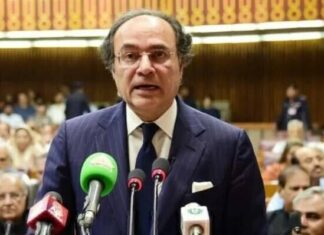The unchecked rise in illicit cigarette trade is posing a severe challenge to Pakistan’s economy, eroding government revenue and shrinking the formal tobacco sector.
Despite accounting for nearly 98% of the tobacco industry’s total tax contributions, the formal sector now commands only 46% of the market. This alarming shift is largely attributed to the growing prevalence of untaxed and unregulated cigarette sales, which have led to an estimated annual revenue loss of Rs415 billion for the country.
Pakistan’s formal tobacco industry remains a critical pillar of the national exchequer, contributing approximately Rs270 billion each year. However, this revenue stream is under mounting threat as the illicit market continues to flourish, creating an uneven playing field and weakening the state’s fiscal position.
In this context, the International Monetary Fund (IMF), in its advisory and oversight role, should recommend and enforce strict actions by the government against all entities involved in illicit trade. This includes INGOs that present themselves as health advocates but conveniently turn a blind eye to the flourishing black market. Such selective advocacy compromises transparency and undercuts the very public health outcomes they claim to champion.
Officials warn that current enforcement gaps and lack of effective coordination between regulatory bodies have enabled widespread tax evasion in the tobacco sector. They stress the importance of strengthening oversight and ensuring that all entities—including international and local NGOs—comply fully with Pakistan’s legal and institutional frameworks.
Regulatory attention has recently focused on organisations such as Vital Strategies and Campaign for Tobacco-Free Kids in this regard.
While the government affirms its willingness to engage with international partners, it insists that such cooperation must operate within the bounds of national sovereignty and legal structures to safeguard economic stability.
Commenting on the broader impact of illicit trade, Fawad Khan, spokesperson for Mustehkam Pakistan, stated: “Illicit trade continues to undermine efforts aimed at fiscal consolidation and economic transparency. Leakages of this scale do not just distort the market but also deprive the government of essential resources, limiting its ability to invest in crucial sectors such as healthcare, education, and infrastructure. The losses, apart from damaging the economy, also hinder the country’s broader development and its ability to provide for its citizens.”























